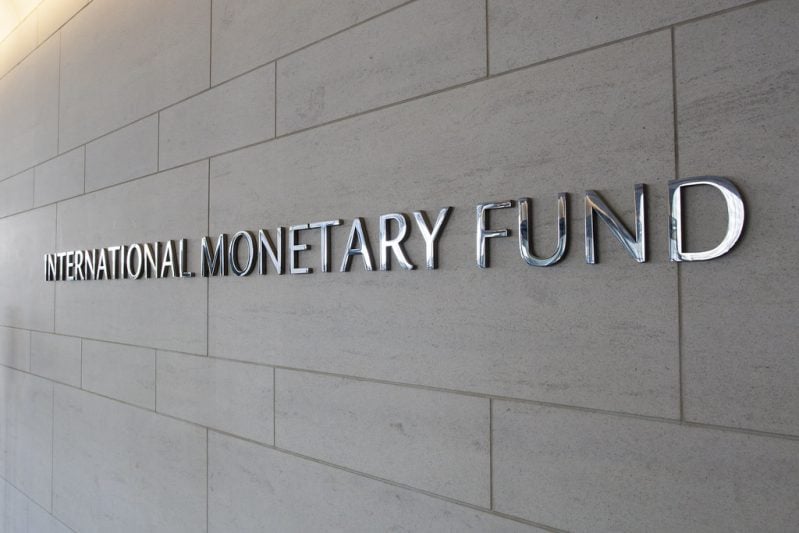Morocco continues to make progress in bolstering its resilience against climate change and seizing the opportunities from decarbonization, said the International Monetary Fund (IMF) on Wednesday.
“The Moroccan authorities continue to make steady progress on strengthening Morocco’s resilience to climate change,” the IMF Deputy Managing Director and Executive Board Acting Chair, Kenji Okamura, underlined in a release published following the second review of Morocco’s Resilience and Sustainability Facility (RSF) arrangement.
The IMF Executive Board approved the second review of Morocco’s RSF arrangement, allowing for an immediate purchase of $415 million.
Morocco’s steady progress in strengthening resilience to climate change is underpinned “by very strong fundamentals and policy frameworks and a sustained track record of effective policy implementation,” Mr. Okamura pointed out.
The IMF senior official, who underscored the Kingdom’s “strong” performance under the RSF arrangement, stressed that the Moroccan authorities “remain committed to the green transition and further strengthening climate resilience.”
The international financial institution, which welcomed Morocco’s progress on decarbonization, “while limiting the impact on the most vulnerable”, recommended several measures to reduce reliance on imported fuels and underlined the importance of “liberalizing the electricity sector, greening the tax system, addressing the risks that climate change pose to the stability of the fiscal and financial systems,” and protecting the country’s groundwater resources.
The Washington-based institution highlighted, in this regard, Morocco’s “significant investments in water infrastructure aim at addressing water scarcity”, adding that these investments need to be complemented by “demand management reforms.”
The IMF also stressed the importance of boosting private sector’s participation in renewable energies, noting that “this will not only help Morocco achieve its Nationally Determined Contributions (NDC) targets but would also reduce its reliance on imported fuels, improve firms’ competitiveness, and help create jobs.”
The Bretton Woods institution said that while agricultural output suffered yet another drought in 2024, “non-agricultural output has remained robust, and domestic demand is strengthening.” Inflationary pressures have abated and the fiscal deficit “is on track to meet the 2024 budget target, with increased current spending offset by stronger-than-expected revenues,” the IMF noted.
“Strong revenues from tourism, exports of goods, and remittances have kept the current account deficit at low levels,” it added.
In September 2023, the IMF Executive Board approved a Resilience and Sustainability Facility (RSF) for Morocco of US$1.3 billion.
The arrangement will support Morocco’ transition to a greener economy and help strengthen its preparedness and resilience against natural disasters, including from climate change, according to the Washington-based institution.
The post Climate Resilience: IMF Highlights Morocco’s ‘Steady Progress’ appeared first on HESPRESS English – Morocco News.





 No products in the cart.
No products in the cart.